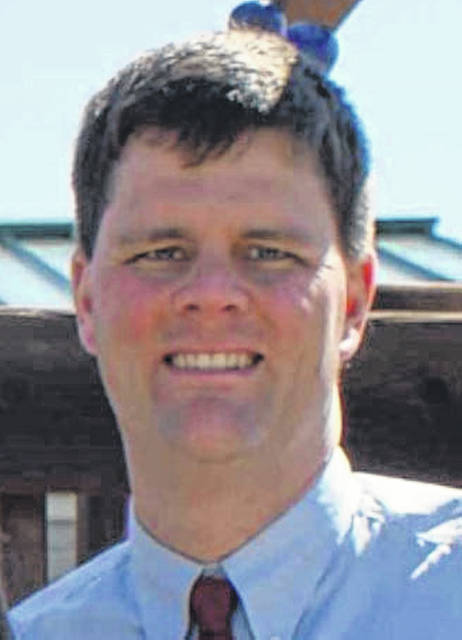
When someone walked into my house growing up, it was hard for them not to notice the large set of World Book Encyclopedias that graced the shelves just inside our front door. No one ever accused us of being bibliophiles with book-covered walls, but we had enough books on a few shelves to keep me and my siblings piqued with curiosity. Nothing drew our interest as much as the standard (for the time) World Books that every home seemed to own back then (though a few of my more bourgeois friends had the more exotic Encyclopedia Britanica.)
I still haven’t wrapped my head around the fact that I carry Google around in my pocket now and can find the answer to every question I can imagine within seconds. My kids will never appreciate how many long arguments we had growing up about sports or movies or history when we couldn’t just “ask Google.” Furthermore, my kids will never appreciate the mystique that those World Books had for us. I felt like anyone who would read those World Books in their entirety would have mastery of most things in the world. They just seemed to cover anything and everything I would ever need to know.
I don’t remember the first entry in the World Book, but I’m guessing “aardvark” appeared pretty early on with its “aa.” In a short article, the World Book summarized everything that I thought I needed to know about this animal that has such a funny-sounding name and eats ants. Today, though, if I type “aardvark” into a Google search, I could spend days and days combing through the millions of results about aardvarks (15 million results to be exact). Did you know they are more closely related to elephants and manatees than pigs? I just learned that in 10 seconds on Google. It would be difficult for me to ever read all the information that the search engine digs up – and that’s just for aardvarks!
I used to think information and knowledge was fairly finite. I never thought I knew it all (as much as my teenage self made my parents believe that I thought I did), but I did think people could wrap their minds around most of the important things in the world. After all, the short summary of everything I needed to know fit right there on the shelves in our entryway.
For many centuries, people came to church because they were the World Book Encyclopedias of the community. You could go there to get information from the educated clergy. World Book has moved from the church to the library and now to our pockets, and people aren’t going to church much anymore. Churches have had a hard time admitting when they’re wrong (there’s a gross understatement), and they’re having difficulty finding their role in this information-saturated world.
The rancorous political world doesn’t look much different from the divisive church world these days. Everyone compiles information to support their candidate or validate their position on an issue, and we sling that information back and forth. It takes hours and hours to gather all the information on any given topic (remember the aardvark), so how can we possibly know the issue or the candidate inside and out? As a result, the country is divided, the church is divided and the divisions are increasingly bitter.
The obsession with information is, at its heart, the quest for truth. Much has been made of truth being relative, and I’m not sure I’m convinced of that, but I do think it’s a bit more complicated than mastering those old World Books. In order to allow space for differences and a place for all corners of truth and information to be explored, the church would do well to return to its roots of exploring what is good. The church is at its best when it embodies the fruit of the Spirit: love, joy, peace, patience, kindness, goodness, faithfulness, gentleness, and self-control. Questions of when does life begin and when does life end and other controversial ethical quandaries are important questions for public life, but just as important as the truth of the information is the way that we live life together with those who see the truth differently than we do. The church has an opportunity to lead the way with this spirit as I believe people will be drawn to those who focus on doing good and living in love as they explore the ever-growing edges of truth.
Adam Metz serves as chaplain for Willow Brook Christian Communities for all three campuses as well as the minister for the Alum Creek Church in Lewis Center.

